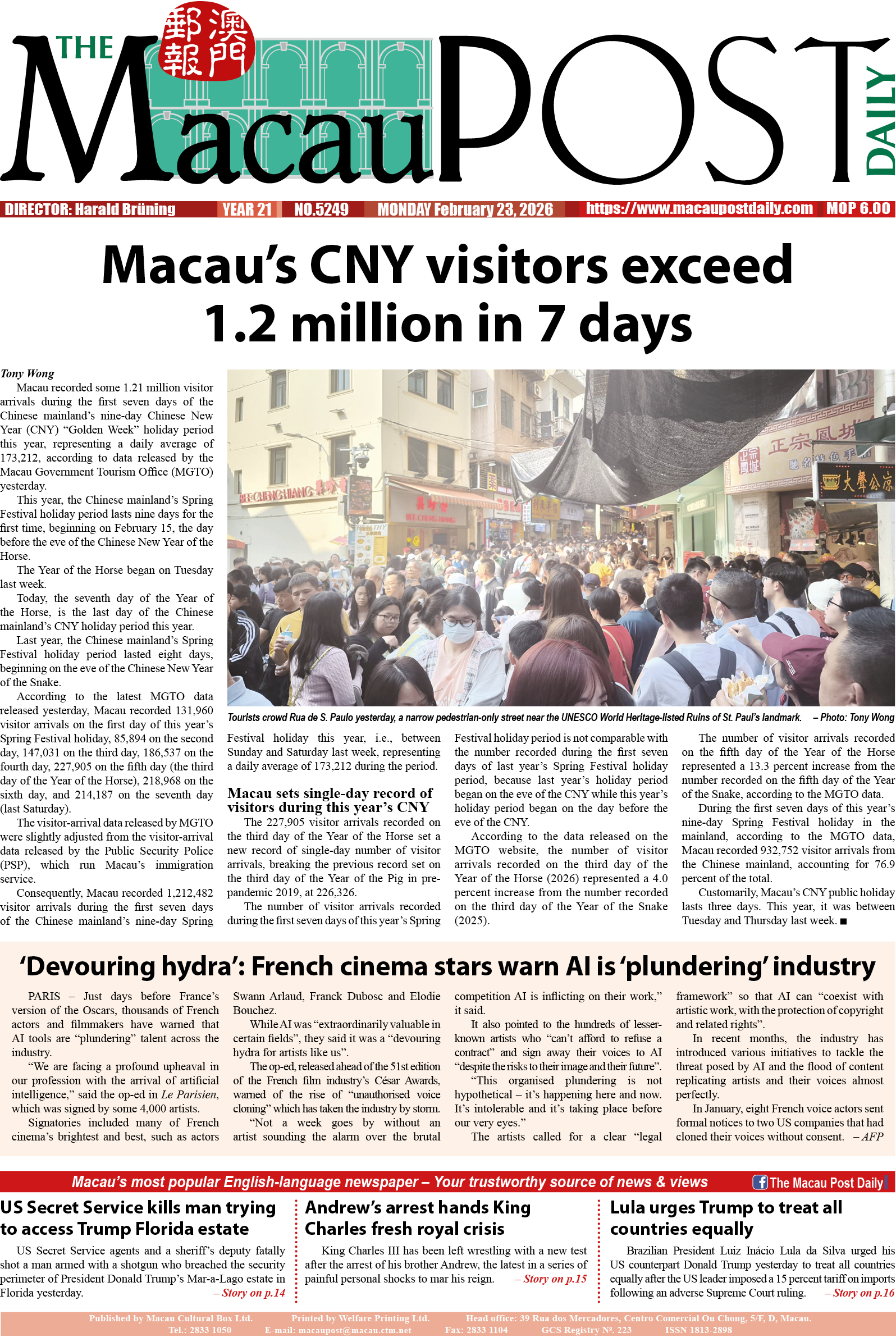Ican still vividly remember the day I fell in love with words. I was six and a difficult child because, for some reason, I would not stop crying at school. It was not until the day my mother took me to my school’s library and handed me a children’s book about David, from the Bible, killing a giant with a sling and a pebble, that I stopped crying.
My mom told me, “Books can take you to another world. A world which is not here. A world where what you’re afraid of or worried about doesn’t exist,”. Since then, I have become an avid reader, especially when I want to escape from the world I am living in.
This is the power of words. They create another universe, they shape one’s thinking, they break through boundaries and they persuade their readers.
Yet, some might argue that movies and videos can have the same effect, especially nowadays that technology is so advanced, and AR and VR can technically take you into a virtual world. The crucial difference between reading and watching is the imagination process when you are engaged in the two actions— the former allows you to paint a picture, while the latter paints the picture for you.
Read the following haiku to yourself, and imagine the words:
In a Station of the Metro
By Ezra Pound
The apparition of these faces in the crowd:
Petals on a wet, black bough.
What colour are the petals you see on a wet, black bough? Can you imagine them?
The power of words does not only exist in a non-fiction or surreal world. “The Decay of Lying “, an essay by Oscar Wilde, said: “Literature always anticipates life. It does not copy it, but moulds it to its purpose”. Media, regardless of its form, has always had an impact on society, even long before the 19th century when Wilde wrote this. However, this line does not seem completely true being applied to present-day society as social media, images and videos, has moulded most of youngsters’ lives. It almost seems like words are losing their power over people and their minds. Or maybe the powers of literature are just subtle.
US literary essayist Ralph Waldo Emerson said that “I cannot remember the books I’ve read any more than the meals I have eaten; even so, they have made me”. As Emerson told us, the changes words make are understated yet fundamental. How? US educator Steven Wolk provided an example in the Journal of Adolescent & Adult Literacy, saying that dystopian novels offer unique opportunities “to question the world we have and envision a better world we could have”. Words become books; books transform into imagination; and imagination gives humans the capacity to build the world we are living in today out of particularly nothing.
Rory Gilmore, female lead of US drama series “Gilmore Girls”, sums up the coexistence of fiction and reality:
I live in two worlds. One is a world of books. I’ve been a resident of Faulkner’s Yoknapatawpha County, hunted the white whale aboard the Pequod, fought alongside Napoléon, sailed a raft with Huck and Jim, committed absurdities with Ignatius J. Reilly, rode a sad train with Anna Karenina and strolled down Swann’s Way. It’s a rewarding world, but my second one is by far superior. My second one is populated with characters slightly less eccentric, but supremely real, made of flesh and bone, full of love, who are my ultimate inspiration for everything.
Leaf through a novel, and discover another world you have never imagined.






